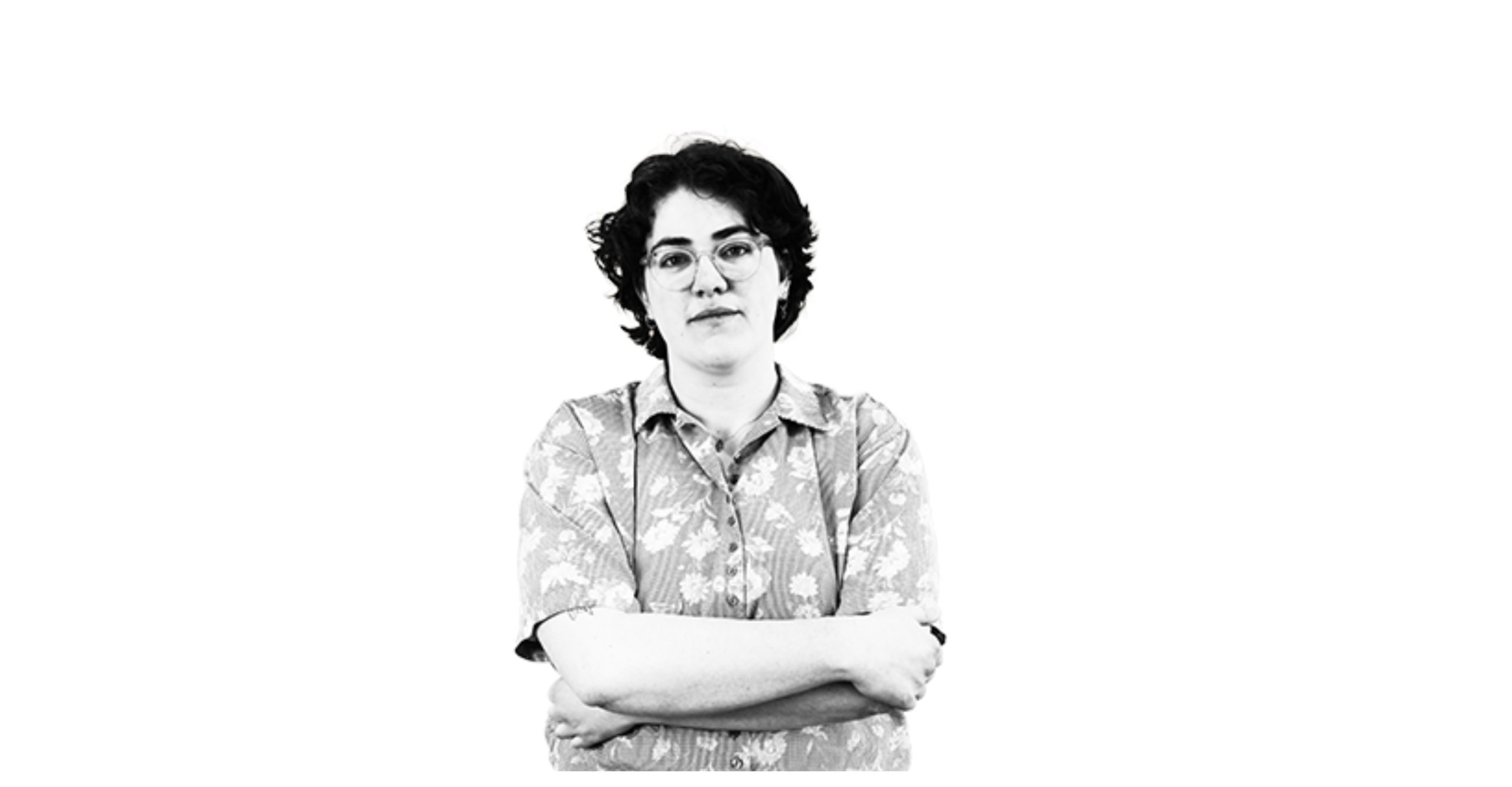During the first covid lockdown, I began listening to sleep podcasts. Particularly during the first months, with little to do during the day, I had trouble sleeping with thoughts milling through my head at night. Having a sleep podcast or meditation for company as I attempted to let go of the day was nice. My podcasts were in English, the perfect language that I could allow to wash over me without deep processing. Initially, they felt like a necessity to enable a good night’s rest, but after a while, it became a habit. The man who makes the podcasts has a pleasant, monotonous voice and speaks about things so boring that you immediately forget what he is talking about.
This habit, however, is not as innocent as it may seem. For the first time in a while, I am following an English-spoken course. The classroom is pleasantly warm, and the speaker has a beautiful voice. Slightly monotonous, nothing special. Very pleasant, perhaps too pleasant. Suddenly I notice I have been staring into space for a solid fifteen minutes and haven’t absorbed a single word. My eyelids feel heavy. I try to wake myself up. Did I just drool?
I have accidentally conditioned myself
I have accidentally conditioned myself and am both the test subject and the scientist. A formerly neutral stimulus (English-speaking people) has unintentionally become linked to the process of falling asleep, and thus the neurological pathways in my head are now entwined. A lecture in English now calls forth the same feeling as the podcasts I like to use to fall asleep. I allow the language to wash over me without absorbing its meaning. And that is how I was all but snoring during a lecture. Shit. What did Pavlov do with his dogs once he had them drooling at the mere sound of a bell ringing?
The brain is fascinating. One positive aspect (according to Google): the link between the stimulus (the English language) and the reaction (sleep) can fade if ignored. This process is called extinction. So, I have decided to withdraw slowly from using sleep podcasts. Let the neurological pathways go obsolete. And hopefully, I will stop drooling during lectures.
Ilja Bouwknegt iis 23, a bachelor’s student of Forest and Nature Management, and an active member of the study association WSBV Sylvatica. She sometimes does bat research at night.




